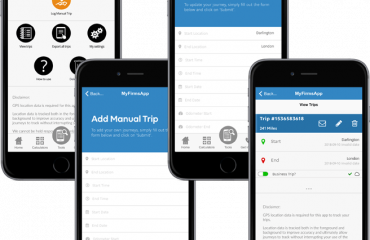Welcoming a newborn into your family is an exciting time, filled with joy, anticipation, and, of course, some necessary paperwork. One of the most important steps new parents can take is adding their newborn to their private health insurance policy. Not only does this ensure that your baby is covered for any unexpected medical expenses, but it also helps you avoid the Medicare Levy Surcharge (MLS).
What is the Medicare Levy Surcharge?
The Medicare Levy Surcharge is an additional tax that higher-income earners in Australia pay if they do not have an eligible private health insurance policy. This surcharge is designed to encourage individuals to take up private health cover, reducing the strain on the public healthcare system. The MLS applies if:
- Your income is above the MLS threshold (currently $93,000 for singles or $186,000 for families, with some variations).
- You do not have an adequate level of private hospital cover.
The surcharge can range from 1% to 1.5% of your taxable income, which can be a significant expense.
Why add your newborn to your policy?
If you already have a family or couple’s health insurance policy, you may assume that your newborn is automatically covered, but that’s not always the case. Most insurers require you to formally add your newborn to your policy within a certain timeframe, typically 30 to 60 days after birth. Failing to do so could lead to gaps in coverage and may also result in additional taxes.
By ensuring your baby is added to your private health insurance policy:
- You avoid the Medicare Levy Surcharge: If you’re above the MLS income threshold and don’t have your newborn added to your health insurance, you may be hit with the surcharge.
- Immediate health coverage: Newborns may need extra medical attention, whether it’s regular check-ups, vaccinations, or unexpected hospital visits. Adding your baby to your policy ensures these costs are covered.
- Peace of mind: Knowing your entire family is fully covered allows you to focus on enjoying time with your new addition without worrying about unexpected medical bills.
How to add your newborn to your Health Insurance
Contact your insurer as soon as possible after your baby’s birth to add them to your policy. Most insurers have a grace period (usually around one to two months) during which you can add your newborn without any additional waiting periods. Beyond this window, your baby may not be covered immediately, and you could face unexpected costs.
Final thoughts from the Walshs team
Adding your newborn to your private health insurance is not just a wise financial decision, it’s also a proactive way to protect your familys health and avoid unexpected expenses. Don’t delay this important step; ensuring that your newborn is covered will save you stress and potential costs down the road.
At Walshs, we understand that welcoming a newborn is a joyful yet busy time, and managing financial and insurance requirements can feel overwhelming. Our team is here to make it easier for you. From ensuring you’re fully covered under your private health insurance to avoiding the Medicare Levy Surcharge, we can provide tailored advice to suit your unique circumstances.
Contact us today at enquiries@walshs.com.au or current clients can book a meeting HERE to discuss how we can support you during this exciting new chapter of your life. Let us help you focus on what matters most—cherishing every moment with your growing family.
By: Alex Firman | Walshs Senior Accountant











